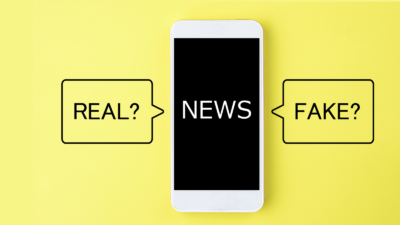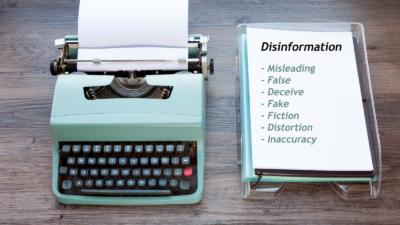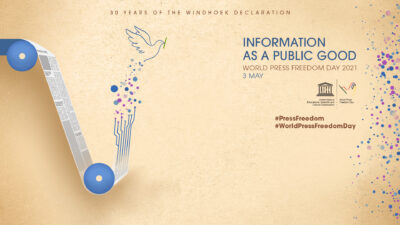
The EU is taking practical measures to protect media freedom. Now we need theory.
How to ensure that media autonomy can be protected from new control measures? What is needed, says Dr Tambini, is a common underlying theory. Read More …

How to ensure that media autonomy can be protected from new control measures? What is needed, says Dr Tambini, is a common underlying theory. Read More …

State advertising emerged as one of the prime sources of risk for both fair competition and media independence in various countries across the European Union, as well as in the EU candidate states. Read More …

Fact-checking organisations should abide by the highest professional standards, especially when their work is funded by public money. In this contribution, the authors propose a lists of principles and concrete measures to ensure the integrity of fact-checkers. Read More …

In 2020, amid revenue losses, German Verlagsgruppe Passau sold Polska Press Group (controlling a majority of Polish local and regional press market) to the state-owned PKN Orlen oil company. The takeover has been approved swiftly by the competition authority UOKiK even though this ownership change sustained a monopoly on the regional and local press market (UOKiK, 2021a). UOKiK’s President justified his decision by arguing: Read More …

On the International Day for the Elimination of Violence against Women, we reflect on abuse and violence against women journalists in Europe. Read More …

Our Research Fellow Iva Nenadić shares her thoughts on the EU Commission’s Guidance on Strengthening the Code of Practice on Misinformation. Specifically, she will focus on… Read More …

Mária Žuffová discusses the role of freedom of information (FOI) laws in journalism. By surveying journalists, interviewing activists and civil servants, and submitting FOI requests to government ministries she identifies a number of problems with the process. Journalists reported that their requests were often refused on questionable grounds, delayed, or not responded to at all. One of the consequences of this is that journalists might choose to use loopholes in the law in order to be able to publish stories that are in the public interest. Read More …

Information as a public good: report of the UNESCO Europe Forum (30 April 2021) to the “Voices from regions” plenary session of the UNESCO World Press Freedom Day 2021 conference (3 May 2021). Read More …
By Vaclav Štětka *The following text is from an intervention Read More …
By Damian Tambini UNESCO in common with other bodies that Read More …